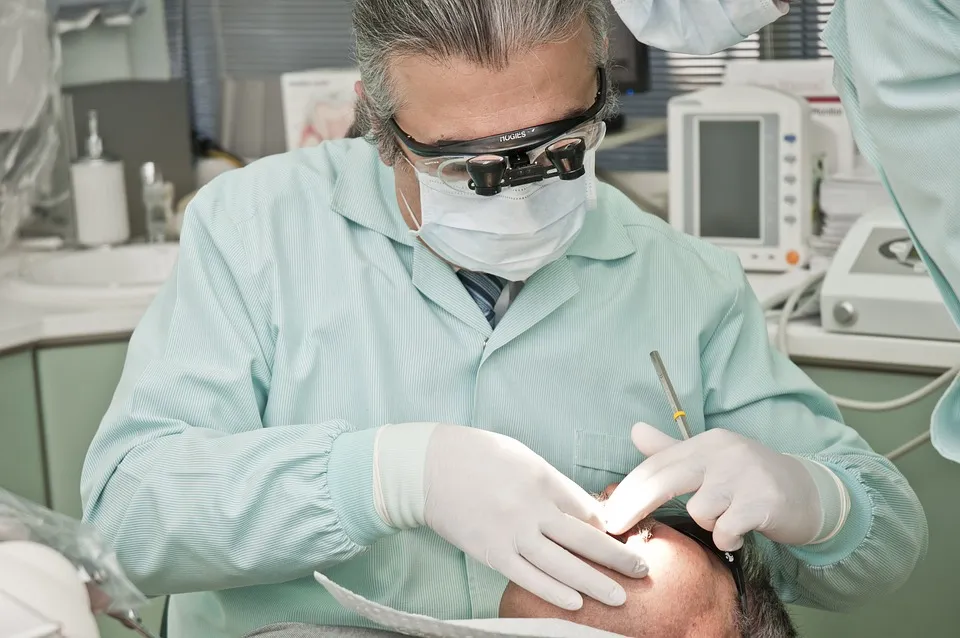 Are you experiencing loose tooth symptoms? You need expert dental careto help your loose tooth tighten. Mawson Dental Care is a professional dental health expert that offers VIP treatment for every patient.
Are you experiencing loose tooth symptoms? You need expert dental careto help your loose tooth tighten. Mawson Dental Care is a professional dental health expert that offers VIP treatment for every patient.
While loose tooth is common among children, wobbly tooth
among adults could sound a bit alarming and thus, should be taken seriously.
Apparently, there are various factors that can contribute to loose teeth (which we will discuss later on). But to top it all, gum disease is the leading cause of loose permanent teeth.
Before we delve deeper into gum disease and its additional symptoms, it is important to note that one of the main reasons why someone has gum disease is because of poor dental hygiene.
Poor brushing as well as bad flossing habits collect sticky deposits of bacteria that when accumulated, form into hardened plaque.
If this sounds familiar to your condition, here’s an article that might interest you.
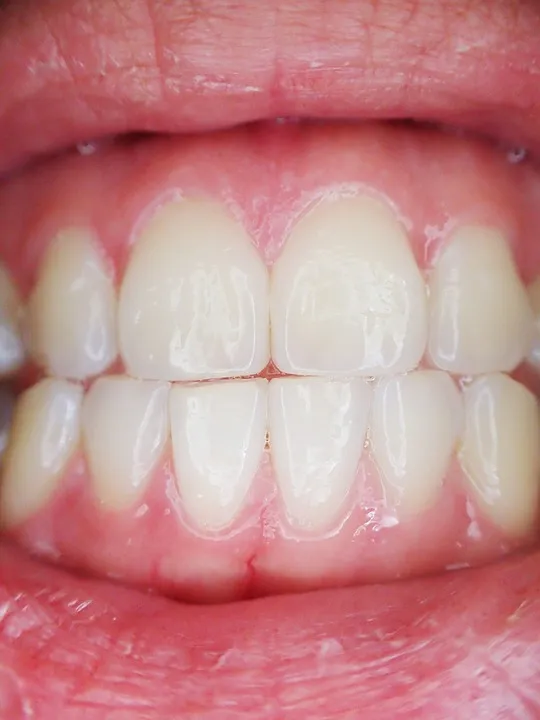
What Causes Teeth to be Loose?
A healthy mouth won’t have loose teeth, so indications of a loose adult tooth or wobbling adult teeth could mean an underlying cause. Let’s take a look at the following.
Gum Disease
In the case of gum disease, the accumulation of bacteria leads the gums to recede until the tooth loses support. In worst cases, the bacteria responsible for the gum disease can also damage the tooth’s bone and roots.
If gum disease is the culprit, it’s crucial to treat it immediately to stop further loosening, as well as prevent it from developin
g advanced gum disease, or worse, bone deterioration. Before stabilising the tooth, the person who has gum disease should undergo deep cleaning first to remove the plaque below the gum line.
Gum disease is the primary cause of a loose adult tooth. However, there are other instances where teeth grinding, injuries, and accidents (such as unintentional hitting of teeth or jaw) are to blame.
While there are other several factors that could contribute to having loose teeth, gum disease has been found to be its leading cause. In fact, it is uncommon for an adult to have gum disease without also experiencing additional symptoms, such as the following:
- Bleeding gums
Gums that bleed when you brush them are one of the most typical signs of gum disease. Always examine your toothbrush after brushing because bleeding could go undetected unless you look at it.
- Swollen gums
In contrast to the normal pink color of our gums, swollen gums are frequently red in colour. Not only this, but they are also the primary source of dry mouth, sensitive gums, bleeding gums, discomfort, and irritation.
Swollen gums might worsen after eating certain foods and drinks, flossing, or after brushing.
- Gum recession
As gum disease worsens, you could notice that the gums are slightly pulling away from your teeth, providing the impression that the tooth’s upper size is being slightly extended. Receding gums can be unsettling to look at and might make you reluctant to smile or expose your teeth.
Bruxism or Teeth Grinding
Bruxism, or also known as teeth grinding, is one of the common causes of loose adult teeth. Basically, clenching or grinding your teeth unconsciously damages the ligaments that hold the teeth to the bone.
Particularly when there is an underlying issue in your teeth, such as an infection or tooth decay, grinding or clenching exerts an unanticipated amount of strain on the teeth causing it to loosen.
With dental help, the ligaments of the loose teeth can be tightened, and the tooth can be stabilised, especially if the gums are healthy.
Injury
Most healthy teeth are strong and resilient. Accidents and injuries could, however, occur and harm your gum tissue, which could further contribute to the loosening of your permanent teeth.
Most of the time, a loose adult tooth can be stabilised by splinting. In this procedure, a loose tooth is affixed to its neighboring teeth to form a single teeth that is much stronger and stable than before.
How Do You Fix a Wobbly Tooth?
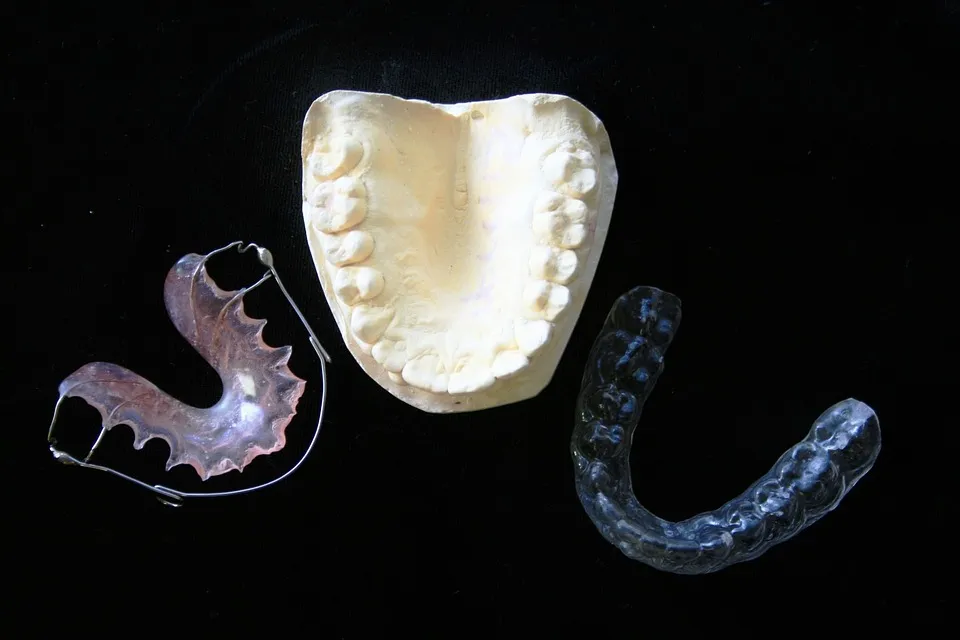
Bone Grafting
Bone grafting is a surgical operation that involves using a transplanted part of your bone to repair diseased bone causing loose tooth.
Dentists use a special bone grafting material to get a piece of your bone either from your ribs, hips, or legs, to serve as the bone graft which replaces for your bone loss.
Gum disease can severely damage your healthy gums and bone tissue, making grafts your only option if you have loose teeth.
Root Planing
Root planing is a deep cleaning technique aimed to remove the dental plaque that is causing your gum disease. Through this technique, the effects of gum disease are reversed and treated.
During the procedure, the dentist will gently push your gum tissue to expose the surface of its roots then remove the tartar and the inflamed gum tissue.
For individuals suffering from loose teeth caused by teeth grinding, your dentist may recommend a night guard after treating and stabilizing your tooth.
A mouth guard or a night guard can reduce the stress on your teeth and help your ligaments and stabilised tooth heal faster.
Splinting
On the other hand, splinting prevents the need for a dental implant and tooth extraction when your tooth is loose. By using splints, which bonds your loose tooth to its neighboring teeth using special resins, your dentist may be able to salvage your loose tooth.
Bite Adjustment
Bite adjustment is a procedure that involves the removal of tooth enamel to restructure the bite surface of the tooth. This is commonly done to teeth grinding patients to help relieve the stress caused by loose tooth.
Flap Surgery
To perform a scaling and root planing procedure, your doctor makes incisions in your gums, pulls back the tissue, and reattaches it to stop further tooth loss.
How to Prevent Loose Tooth
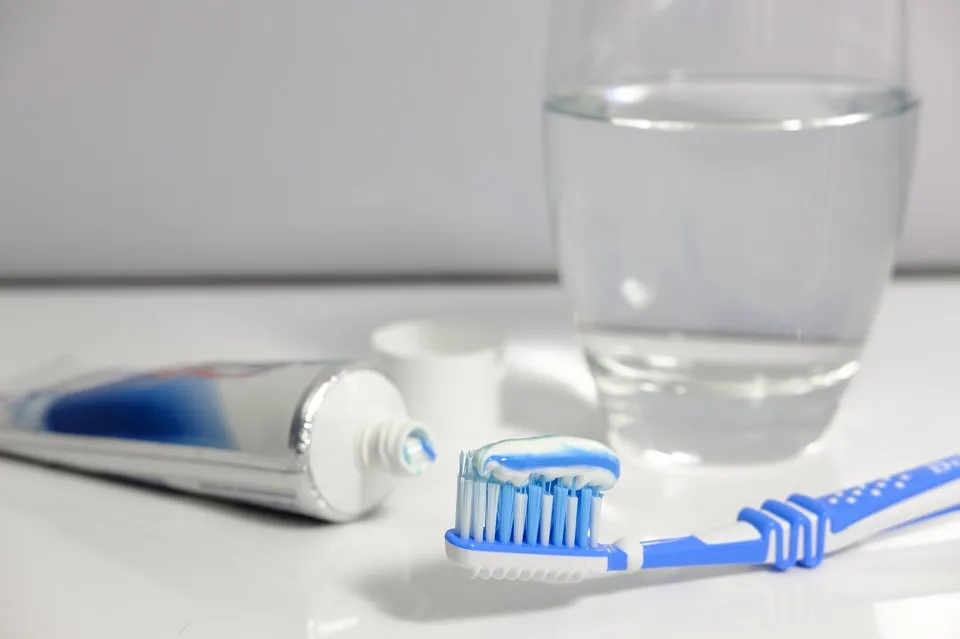
Good to know, there are several easy ways on how you can prevent having loose tooth or teeth. And apparently, one of those is basically taking care of your dental health by practicing good oral hygiene.
Since we were young, we were taught that having poor dental hygiene can often result to toothaches and bacterial infection. Thus, here are simple tips that you can follow to prevent your permanent teeth from getting loose.
- brush your teeth at least twice a day
- floss daily
- avoid smoking
- visit your dentist regularly
- wear properly fitted mouth guards during sports activities
- wear a bite splint at night to avoid teeth grinding
- take Calcium and Vitamin D supplements if necessary
- keep Diabetes under control to prevent gum disease
- be aware of drugs that can harm your teeth
Maintain Good Oral Health with Mawson Dental Care
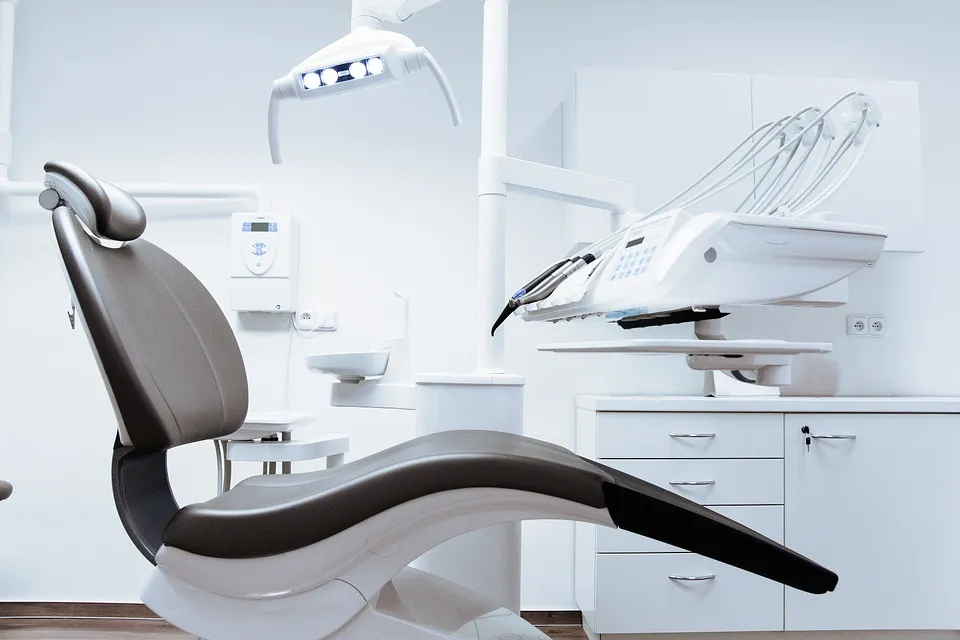
At Mawson Dental Care, everyone is a VIP. We are committed and focused on you, your well-being and in providing a welcoming and caring environment for all your oral health needs.Whether you have oral health problems, need dental implants, or you need appropriate treatment for your loose tooth, we will provide you with expert treatment care from our talented dentists in Canberra.
With four decades of experience in dentistry, we have consistently provided excellent care in all our patients for local and interstate families.
Related Posts
October 2, 2024
Dental anxiety how to overcome for a positive dental experience
Conquer dental anxiety with these effective techniques and strategies, which…
October 1, 2024
Cavity vs Stain: How to Tell the Difference and What Actions to Take
Discover the differences between cavities and stains, and learn effective…
September 30, 2024
Wisdom Tooth Pain: Causes, Symptoms, and Treatment
Discover the causes, symptoms, and treatment options for wisdom tooth pain.…




